J.P. Vigier wants to build better hockey players.
Vigier, who starred with the Portage Terriers, spent four years at Northern Michigan University, was a pro for eight seasons in North America playing 213 games with the NHL’s Atlanta Thrashers and then finished his career with five stellar years in Europe, knows as much about the intricacies of the game as anyone on the planet.
And now, as founder, president and chief instructor at Vigier Hockey, he’s imparting his knowledge of the game to the next generation.
But even he’ll admit there are a lot of great instructors already in the business. What does Vigier hockey do that’s different and more insightful?
“There are a lot of good camps out there, but what separates us is that I have professional North American experience and professional European experience. I try to combine both parts of those games – which have strengths and weaknesses to both parts – to give players more ideas, options and awareness.
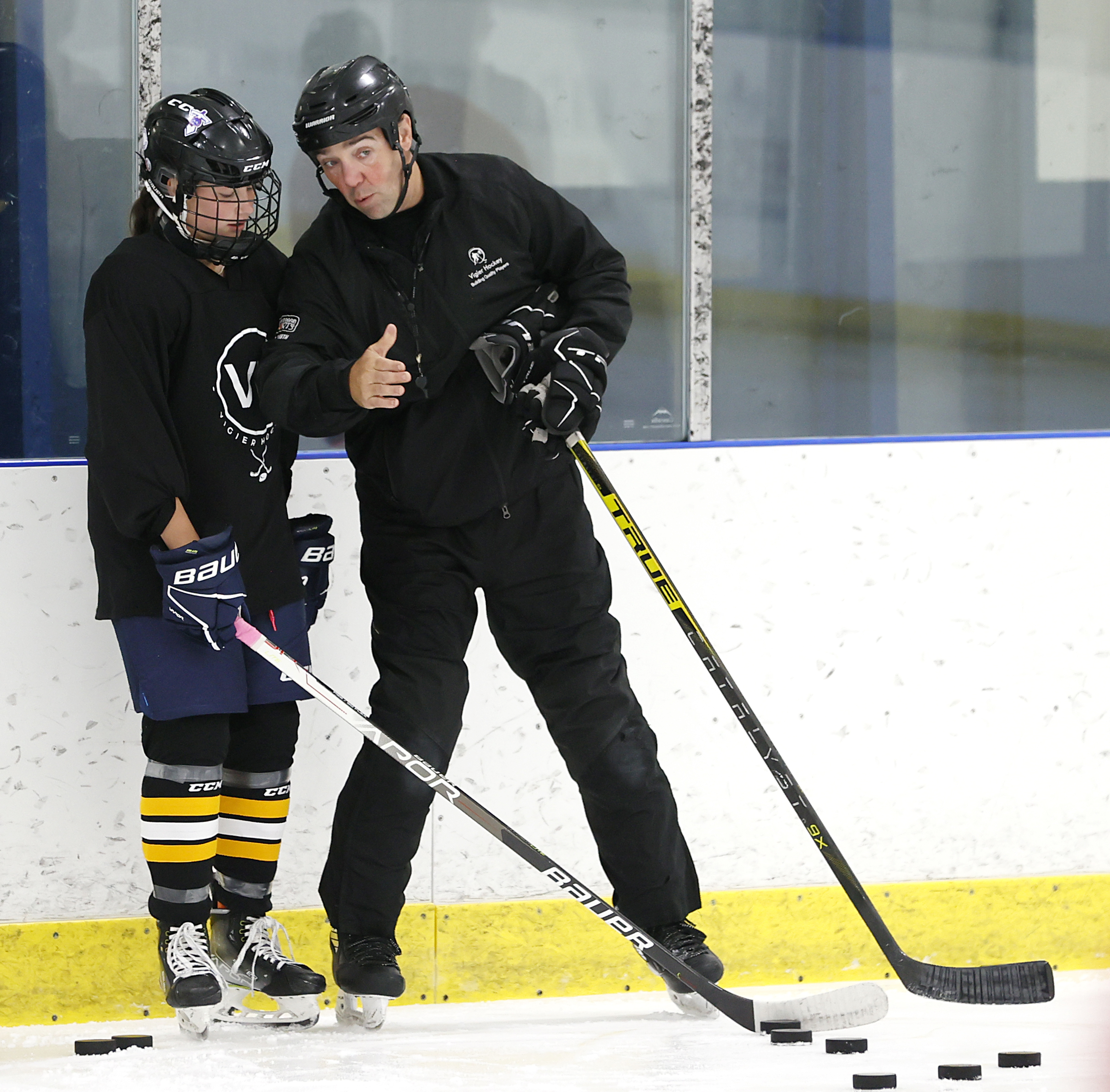
“I think the big thing we look at is skill set, but when players develop, we want to develop the mental part of the game and I think that’s often overlooked. Players with potential and so much talent can do all kinds of things, but when do we apply these skills in a game? In what situation? Or why do we do these things and how do we execute them at the proper time with efficiency and correct technique? By teaching those skills, I think it sets us aside from other camps.
“Hockey is not just about all these fancy things that kids can do now – and they can do them because that’s what they like to practice. It’s when do we do them? Why do we do them? We want to teach the mental aspect of that – putting these skills to proper use. That’s what we take pride in explaining: ‘We do this because …’ And then the follow-up to that is ‘Why wouldn’t we do that?’ and let the player know why. We like it when players ask us questions because we believe in asking questions of the players.”
Vigier knows that he can’t be on the ice with his players 24-hours-a-day, seven-days-a-week. However, by explaining the ‘Why’ and having it go along with the ‘How’ he gives his charges the mental tools to do the right things on the ice when they’re back with their teams.
“It’s simple,” said Vigier. “We ask them to ask themselves, ‘Why didn’t that technique work in that situation?’ or ‘Why did it work?’ When you teach players to ask questions, even of themselves, when they leave us, they are able to continue to grow their game, because they aren’t afraid to ask questions.”
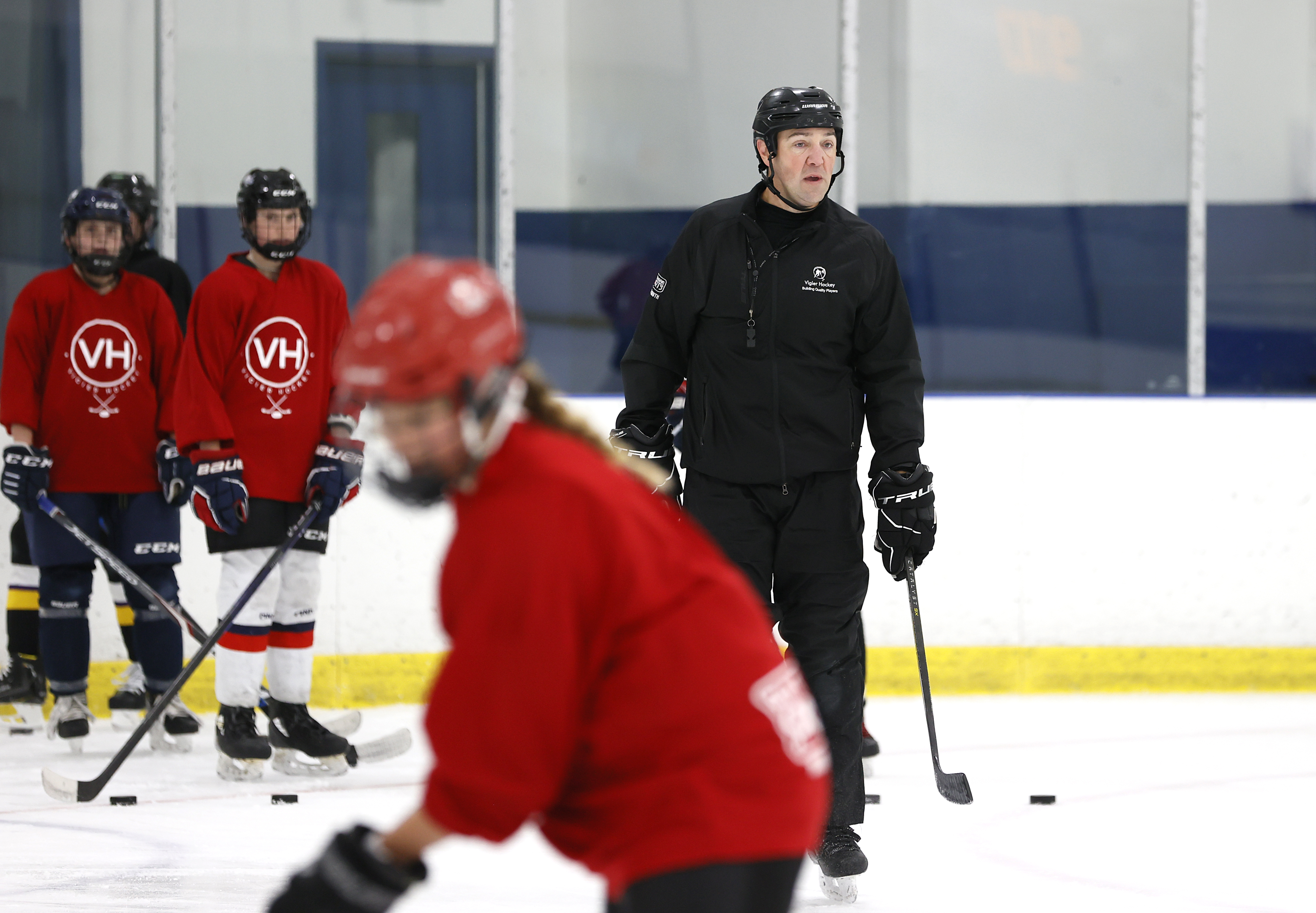
For Vigier the game of hockey is also about awareness. It’s something he’s always remembered from his days in Atlanta playing for Coach Bob Hartley.
“Coach Hartley asked me, ‘What’s the greatest teacher in hockey?’” Vigier explained. “Well, I wanted more ice time, so I said, ‘The coach.’ And he said, ‘No, it’s the score clock. What’s the score of the game? What period is it? How much time is left in the period? Is it regular season or playoff?’ I have never forgotten that.
“The game adapts to the score clock. For example, if I’m up by a goal late in the third period, I don’t need to take a crazy chance in hopes that I’ll score a goal. I have to understand that I have to do something smart – not give the puck away, don’t shoot but take the opportunity to make an easy pass to my linemate. Maybe, in the first period I take the chance to score, but late in the game, protecting a lead, I have to be aware of other, safer options.
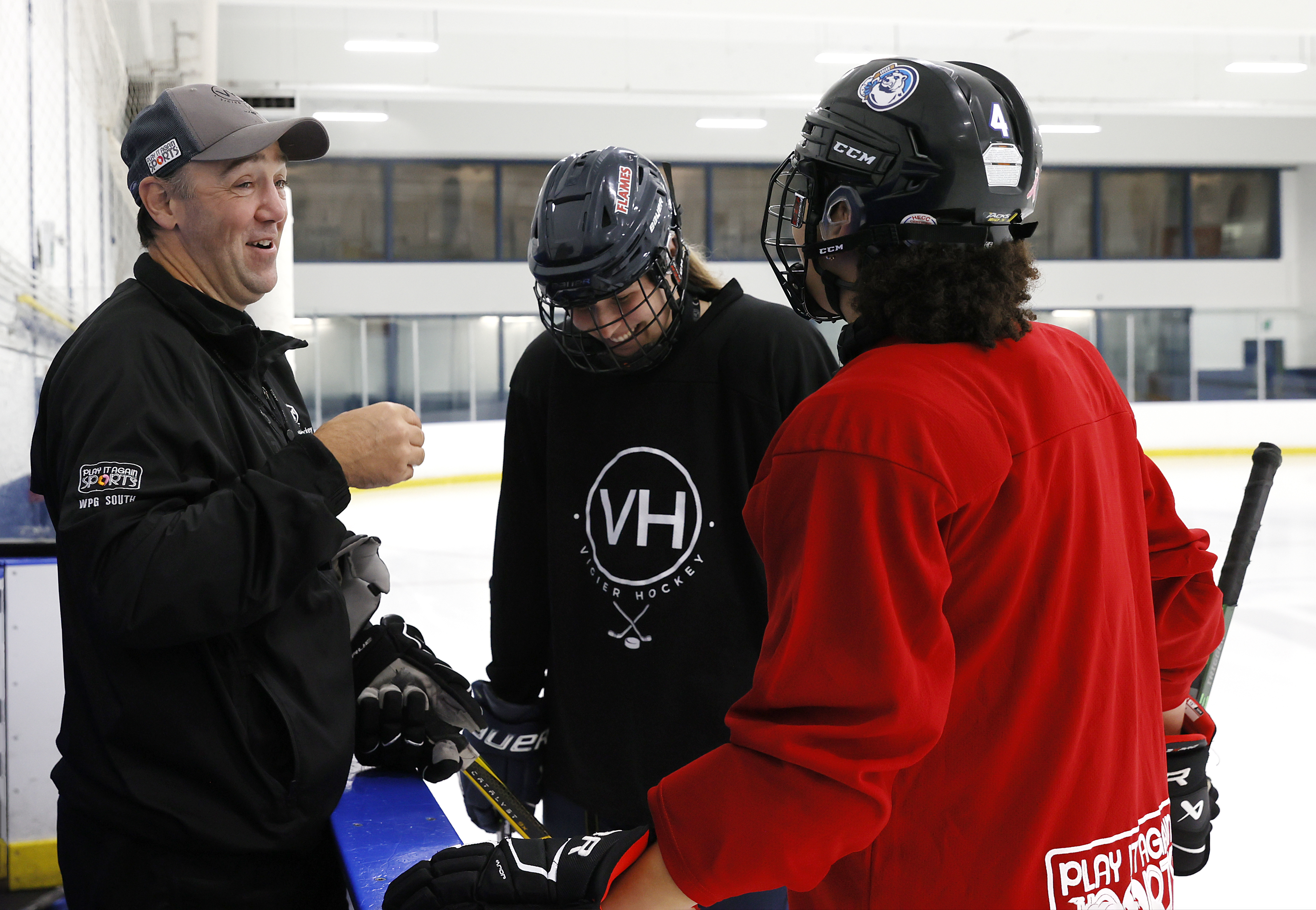
“What we do at Vigier hockey is to try and get players thinking correctly. Having played professional hockey – and having been everything from a first-line player to a healthy scratch – I want players to go back to their teams knowing what they want to do in every situation and what they want to have accomplished when they’ve come out of that situation. We want players to use all the tools in their toolbox, but we want them to learn to use them properly and in the right situations.
“That’s what Vigier hockey teaches.”
Learn more about Vigier Hockey and their training programs at https://vigierhockey.com


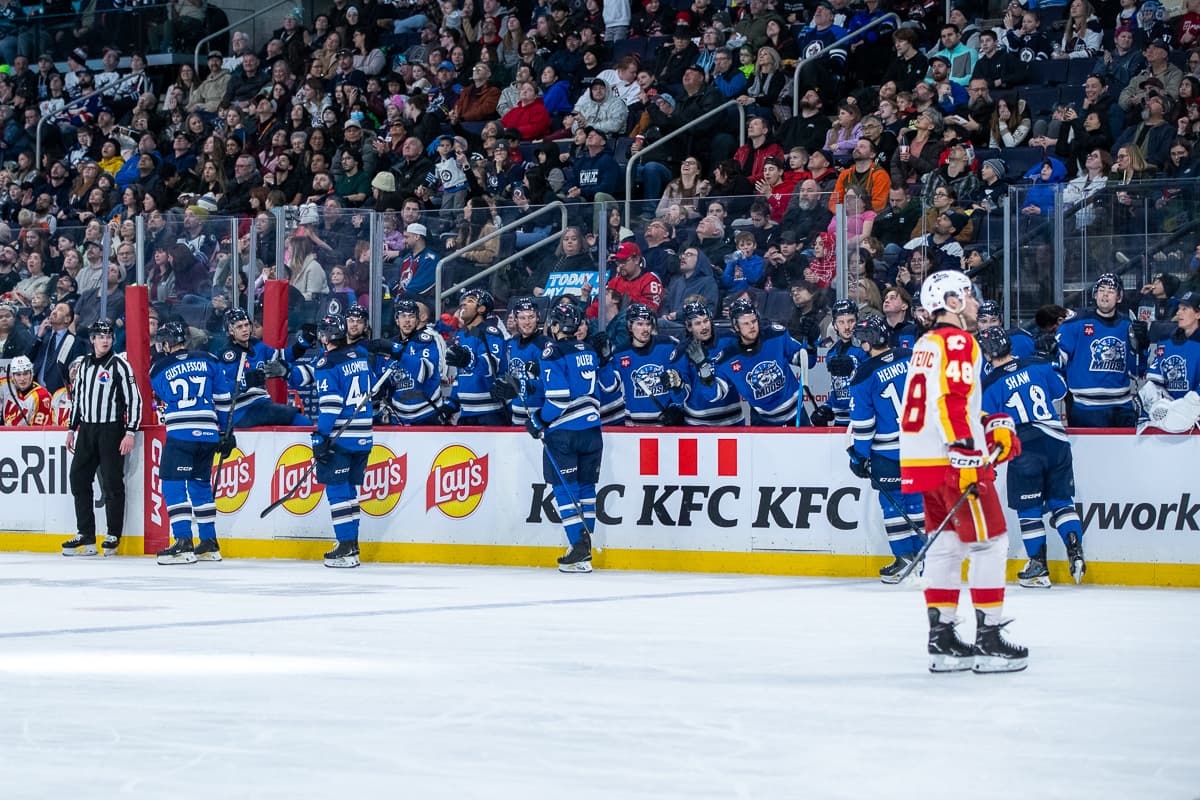






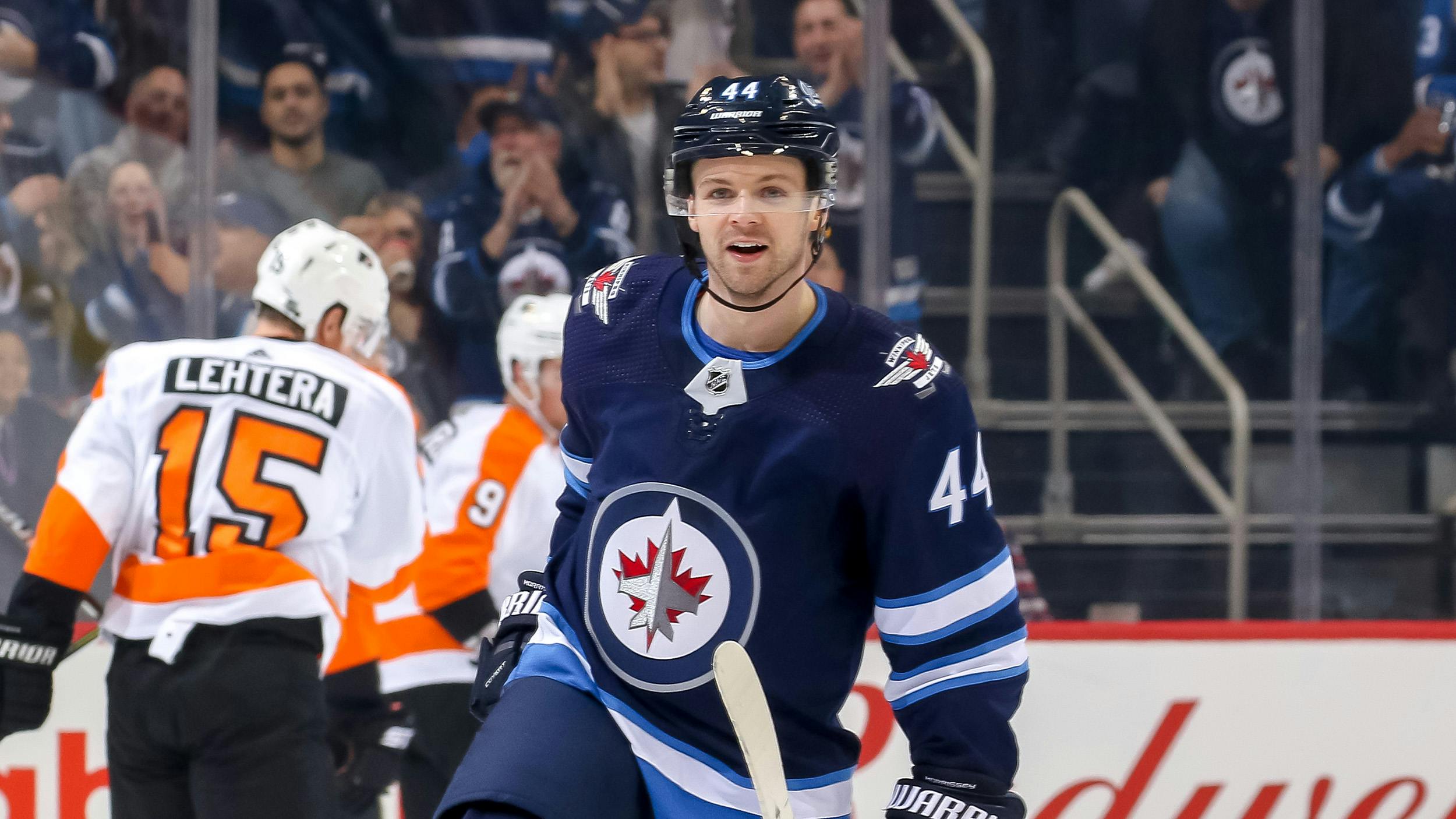


Comments